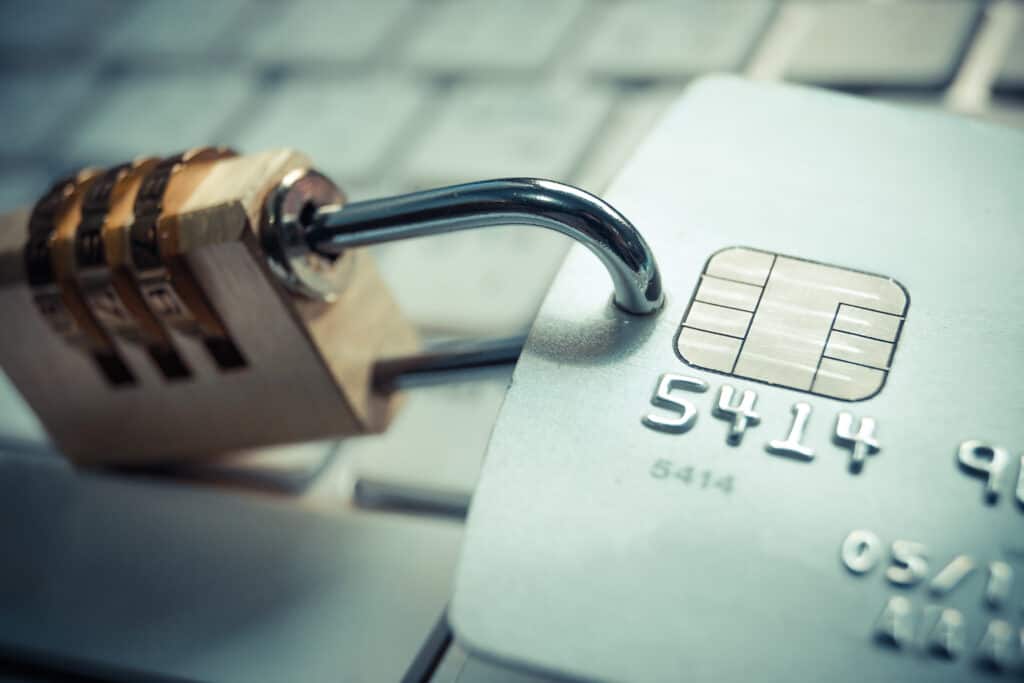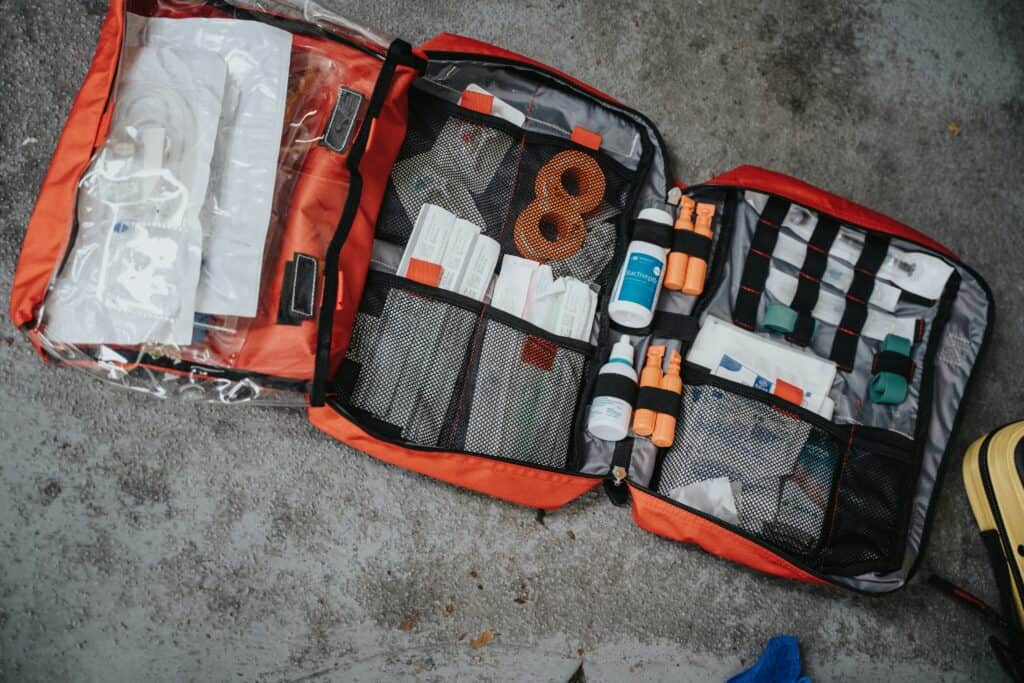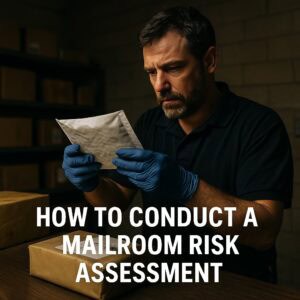While most trips go smoothly, it’s vital for travelers to be aware of the potential risks of scams and fraud lurking in every corner. Whether it’s a seemingly innocent taxi ride or an exciting purchase from a street vendor, tourists can sometimes fall victim to dishonest individuals who seek to take advantage of their unfamiliarity with the destination.
Understanding the importance of prevention is the first step in safeguarding oneself against falling prey to scams or fraud while abroad. Educating oneself on the commonly reported scams in the destination country, using reputable travel providers, and never hesitating to ask for assistance or clarification when faced with dubious situations are all good practices that travelers should adopt to avoid falling into a trap.
However, despite our best intentions and efforts, someone may still become a victim of scams or fraud during their journey. In such cases, knowing how to respond efficiently and what steps to take is crucial to minimize the negative impact on one’s travel experience and finances.
Recognizing and Avoiding Travel Scams
Common Travel Scams
Travel scams come in various forms, and recognizing them can help prevent you from falling victim. Some common travel scams include:
- Taxi scams: Unlicensed taxi drivers may overcharge or take longer routes. Always use licensed taxis or rideshare apps.
- Pickpocketing: Crowded tourist areas are hotspots for pickpocketing. Keep your belongings secure by using theft-proof bags or money belts.
- Fake police officers: Scammers posing as police may ask for your passport and demand a bribe. Ask for identification and call the local police if necessary.
- Accommodation scams: Fraudulent listings or fake booking websites can result in lost funds. Double-check hotel or vacation rental information, and use reputable booking sites.
Warning Signs of Fraud
To protect yourself against travel scams, look for these warning signs:
- Too good to be true: If a deal seems too good to be true, it probably is. Scammers often lure victims with unrealistic discounts or free amenities.
- High-pressure sales tactics: Avoid situations where you feel rushed or pressured to make a purchase or decision.
- Unsolicited offers: Be cautious of strangers offering help or recommendations, as they may have ulterior motives.
- Incomplete information: Scammers might provide vague details to avoid detection. Verify information before committing to a purchase or decision.
By recognizing common travel scams and paying attention to warning signs, you can minimize the risk of fraud during your travels. Be vigilant and trust your instincts, so you can enjoy your trip with peace of mind.
What to Do If You’re Scammed While Traveling
Immediate Steps to Take
If you become a victim of a scam or fraud while traveling, it is essential to remain calm and act quickly. First, assess the situation; determine the extent of the scam and the potential financial and personal risks involved. If your financial information has been compromised, immediately call your bank or credit card company to report the issue. They can help by freezing your accounts to prevent any further unauthorized transactions or losses.
It’s also essential to gather any relevant documentation related to the scam, such as receipts, invoices, and emails, to support your case. If possible, take photos of any physical evidence, such as the location, products, or services involved in the scam.
Reporting the Scam
Once you have taken steps to secure your financial situation, it’s crucial to report the crime. This will give you the best chance at recovering any lost funds or belongings and help prevent others from falling victim to the same scam. To file a report:
- Contact local law enforcement: Visit the local police department and provide them with all relevant information, like the scammer’s description and the scam circumstances. File a police report to document the incident officially.
- Reach out to your country’s embassy or consulate: Notify your country’s embassy or consulate in the area you’re visiting. They can provide guidance and assistance on the best course of action for dealing with local authorities and handling situations while abroad.
- Report the scam to a government agency: Depending on your country, a specific government agency could help you report scams that happen while traveling. In some instances, this may include filing a complaint through an online portal, sending an email, or making a phone call.
- Keep a record of communications: Be sure to save and document all correspondence with law enforcement agencies, government entities, and other parties involved in the investigation.
Remember, while being a victim of a scam or fraud while traveling may be overwhelming and stressful, acting quickly and reporting it to the appropriate parties can help mitigate potential damages and bring the scammers to justice.
Protecting Your Personal Information
Documents and Account Security
It is essential to safeguard your personal information while traveling, like documents, social security numbers, and account passwords. Keep physical copies of your identification documents, such as passports or driving licenses, secure in your hotel safe, and consider carrying photocopies when necessary. Use digital versions of travel documents as backups, but ensure that they are encrypted and password-protected when stored on your devices.
When using public Wi-Fi, avoid accessing sensitive information or logging into accounts to prevent cyberattacks. To further protect yourself, use a virtual private network (VPN) while browsing public networks, and enable two-factor authentication on essential accounts. Remember to keep your account passwords strong and avoid using the same password for multiple accounts.
Credit and Debit Card Precautions
Credit and debit cards can be a major target for scammers and fraudsters. To protect your financial information, consider the following precautions:
- Keep limit on cards: Limit the amount of cash and the number of cards you carry with you. Choose to use credit cards over debit cards since they generally provide better protection against unauthorized transactions.
- Activate alerts: Set-up text or email alerts with your bank to be notified of unusual or suspicious activity on your cards.
- Avoid sharing card information: Be cautious when using ATMs or card readers in unfamiliar locations, as they may be compromised with skimming devices. Always cover the keypad while entering your PIN.
- Emergency contact: Keep contact information for your card issuers handy in case of loss, theft, or unauthorized transactions. It is recommended to have it written down or saved on your phone.
By following these tips, you can better protect your personal information and reduce the risk of scams or fraud while traveling.
Managing Identity Theft Issues
Mitigating Financial Impact
If you become a victim of identity theft while traveling, it’s crucial to act quickly to minimize the financial impact. First, contact the fraud department of the financial institution involved in the unauthorized transactions. Explain the situation and follow their advice on freezing your accounts and changing your passwords.
Next, contact the three major credit reporting agencies: Experian, Equifax, and TransUnion. Request a fraud alert to be placed on your credit report, which makes it more difficult for any new accounts to be opened in your name. Additionally, consider placing a credit freeze on your credit report, which restricts access to your credit file and prevents unauthorized accounts from being opened.
Also, report the crime to the Federal Trade Commission (FTC) at identitytheft.gov. This website provides a wealth of resources for victims of identity theft, including a personalized recovery plan and pre-filled form letters to send to creditors.
Recovering Your Identity
To effectively recover your identity after a scam or fraud while traveling, gather all relevant documentation, such as unauthorized bank statements, credit card charges, or transaction receipts. File a police report, as it provides valuable evidence of the crime and aids in the recovery process.
Obtain a copy of your credit report from Experian, Equifax, and TransUnion. Meticulously review these for any discrepancies, such as unfamiliar accounts or incorrect personal information. Report any errors to the credit reporting agencies, along with supporting documentation to prove your case.
Lastly, complete an identity theft affidavit provided by the FTC, which helps to prove your identity when communicating with creditors and law enforcement. Keep a record of all your correspondence and actions taken during the recovery process, as you may need this information for future reference.
Protecting your Social Security number is also crucial in the identity recovery process. Notify the Social Security Administration about the theft and request a replacement card if necessary. Keep tabs on your Social Security earnings and benefit statements, and report any discrepancies immediately.
By following these steps, you can effectively mitigate the financial impact and recover your identity after being a victim of scams or fraud while traveling.
Financial Fraud Prevention and Recovery
Disputing Fraudulent Charges
When discovering unauthorized charges on your credit cards or bills, it is crucial to act quickly. Contact your financial institution, credit card issuer, or the company from which the fraudulent charges originated. Inform them about the suspicious activity and ask for the charges to be investigated. Many credit card companies have fraud protection policies in place that protect consumers from being held accountable for unauthorized charges.
Keep records of all communication between you and the entities you’ve contacted. This includes dates, times, names of representatives, and confirmation numbers whenever possible. Such information can prove invaluable in supporting your claim and obtaining a resolution.
Consider placing fraud alerts on your credit reports with the three major credit bureaus: Experian, Equifax, and TransUnion. These alerts notify potential lenders and creditors that you may be a victim of identity theft or fraud, and they should take extra precautions when extending credit in your name.
Restoring Your Credit Status
If you’ve been a victim of a fraud scheme or have had your financial information stolen, restoring your credit status is an important step in recovering the losses. Start by checking your credit report for any suspicious activity, such as new accounts opened under your name or outstanding debts you do not recognize.
File a police report or an identity theft report with the Federal Trade Commission (FTC). This documentation can help you dispute fraudulent debts with creditors and serves as evidence that you have been a victim of fraud.
Next, work with the appropriate credit bureaus to remove unauthorized charges or accounts from your credit report. This requires submitting written proof of the fraud, such as the police report or identity theft report, with your disputes.
It is essential not to ignore your responsibilities while resolving the fraud. Continue making payments on your legitimate accounts, even if your credit card or bank account is being investigated. Maintaining a good credit status during the recovery process will help reduce the long-term impact of the fraud on your finances.
By taking these steps, you can confidently and effectively address the consequences of financial fraud while traveling.
Scams Involving Payments and Transfers

When traveling, it’s essential to be aware of scams involving payments and transfers. In this section, we’ll cover wire transfer scams and gift card and cryptocurrency scams. Being informed about these scams can help prevent you from falling victim to them.
Wire Transfer Scams
Wire transfer scams often target travelers. In these scams, the victim is tricked into sending money through services like Western Union or MoneyGram. Scammers may pose as travel agents, hotel employees, or even as a traveler in distress.
To avoid wire transfer scams, always verify the identity of the person you’re sending money to. Be cautious when dealing with unsolicited contacts who ask for financial assistance. If you’re unsure, contact the service provider to report the scam and get assistance.
Gift Card and Cryptocurrency Scams
Gift card and cryptocurrency scams are becoming more prevalent. These scams involve someone convincing you to purchase gift cards or transfer cryptocurrencies as a form of payment. Scammers may claim to be representatives of the FBI, a hotel, or another business.
Gift card scams may involve:
- A caller pretending to be from the hotel where you’re staying, claiming you need to purchase gift cards to cover a surprise charge or resolve an issue with your reservation or billing.
- An email scam where the scammer poses as a friend or family member in need of a gift card.
Cryptocurrency scams may involve:
- Imposters posing as representatives of official travel companies, convincing you to make reservations using cryptocurrency.
- Scammers setting up fake cryptocurrency exchange booths or ATMs, where travelers are tricked into depositing their cryptocurrencies.
To avoid gift card and cryptocurrency scams, never agree to make payments with these methods when solicited or pressured. Always verify the legitimacy of a business or individual before making any transactions. Remember, the FBI and other legitimate businesses will not ask for payment in gift cards or cryptocurrencies.
By taking precautions and being vigilant about the payment and transfer methods you use while traveling, you can minimize your risk of falling prey to scams.
Reporting and Tracking Fraudsters
If you are a victim of scams or fraud while traveling, it is important to report the incident and track the fraudsters. Prompt action can protect you and potentially help others from becoming victims.
U.S. Postal Inspection Service
The U.S. Postal Inspection Service is a federal law enforcement agency dedicated to protecting consumers from scams and fraud. If you suspect that you have been targeted by a fraudster using the mail system or other postal-related services, you can:
- File a complaint with the U.S. Postal Inspection Service online at their website.
- Call the toll-free number 1-877-876-2455 to file a complaint over the phone.
Remember to provide as much information as possible about the incident, the suspect, and any evidence you may have, such as postal receipts or tracking numbers.
Better Business Bureau
The Better Business Bureau (BBB) is a nonprofit organization focused on advancing marketplace trust. They can help you report and track fraud or scams that occur while traveling. To report an incident to the BBB, you should:
- Visit their Scam Tracker website.
- Fill out the form with the required details about the scam or fraud.
- Review and submit your report.
Additionally, you can:
- Check the BBB’s database for similar scams or frauds.
- Read about the latest trends to watch out for.
- Get advice on how to protect yourself from scams and fraud in the future.
In addition to the U.S. Postal Inspection Service and the Better Business Bureau, you can also report fraud to the Internal Revenue Service (IRS) if it involves taxes or tax-related issues. Investigate appropriate avenues within your community to report any localized fraud incidents. By reporting and tracking fraudsters, you contribute to the safety and security of the community as a whole.
Fraud Awareness and Education
Informing Family and Friends
It is crucial to share knowledge about scams and fraud incidents with family and friends. Discussing such experiences may help them become more aware, and in cases of investment fraud or charity scams, prevent loss of money. Don’t hesitate to share suspicious text messages or emails, so they too can identify potential threats.
Maintaining open communication with loved ones is essential. When traveling, make sure to check in with them regularly, informing them of any changes in plans or unusual occurrences, ensuring that they are also aware of potential scams targeting travelers. This extra layer of awareness might prove invaluable in times of need.
Accessing Resources and Support
American citizens, as well as others, have access to various resources to recover from scams or fraud while traveling. One step to take is reporting the incident to the appropriate organization or authority, such as a local police station or embassy. You may also need to provide proof or a warrant to receive assistance from creditors to recover lost funds or take steps to protect your credit.
For those facing computer-related fraud, reaching out to a professional for technical support is essential. These experts can help secure the device and provide guidance on recovering compromised accounts or data. Stop any further communication with the suspected scammer to prevent further harm.
Awareness of potential fraud while traveling is vital to ensuring the safety and security of belongings, funds, and valuable information. Empower yourself and your loved ones by sharing knowledge, experiences, and resources with those who may be at risk.
Frequently Asked Questions
How do you deal with travel scams?
When dealing with travel scams, it’s essential to remain calm and assess the situation. Gather as much information as possible, including details about the scammer and the incident. If possible, involve local authorities and seek help from your embassy or consulate.
What is the first step to take if you become a victim of fraud while traveling?
The first step to take if you become a victim of fraud while traveling is to report the incident to the local authorities. They may be able to assist you in resolving the issue. Additionally, notify your bank or credit card company to protect your financial accounts.
How can you report a scam when you’re traveling overseas?
To report a scam when traveling overseas, contact local law enforcement and your embassy or consulate. They can guide you through the process of filing a complaint, as well as provide assistance and resources. You should also report any travel scams to travel agencies or websites where the incident was facilitated.
Do banks refund money if you have been scammed during travel?
Whether banks refund money after being scammed during travel depends on their policies and the specifics of the situation. It is essential to report the incident to your bank as soon as possible for a more accurate assessment of your case. They can offer guidance on the next steps and potential restitution.
What actions to take after being scammed over the phone while traveling?
After being scammed over the phone while traveling, promptly report the incident to your phone service provider. They may be able to provide assistance or evidence to help you recover your losses. Additionally, contact your bank and credit card providers if your financial information has been compromised.
Is it possible to recover money after being scammed while traveling?
Recovering money after being scammed while traveling can be challenging, but it is not impossible. Promptly reporting the incident to local authorities, your bank, and any other involved parties increases the likelihood of recovery. Keep documentation of all relevant details and correspondence to support your claims during the recovery process.








